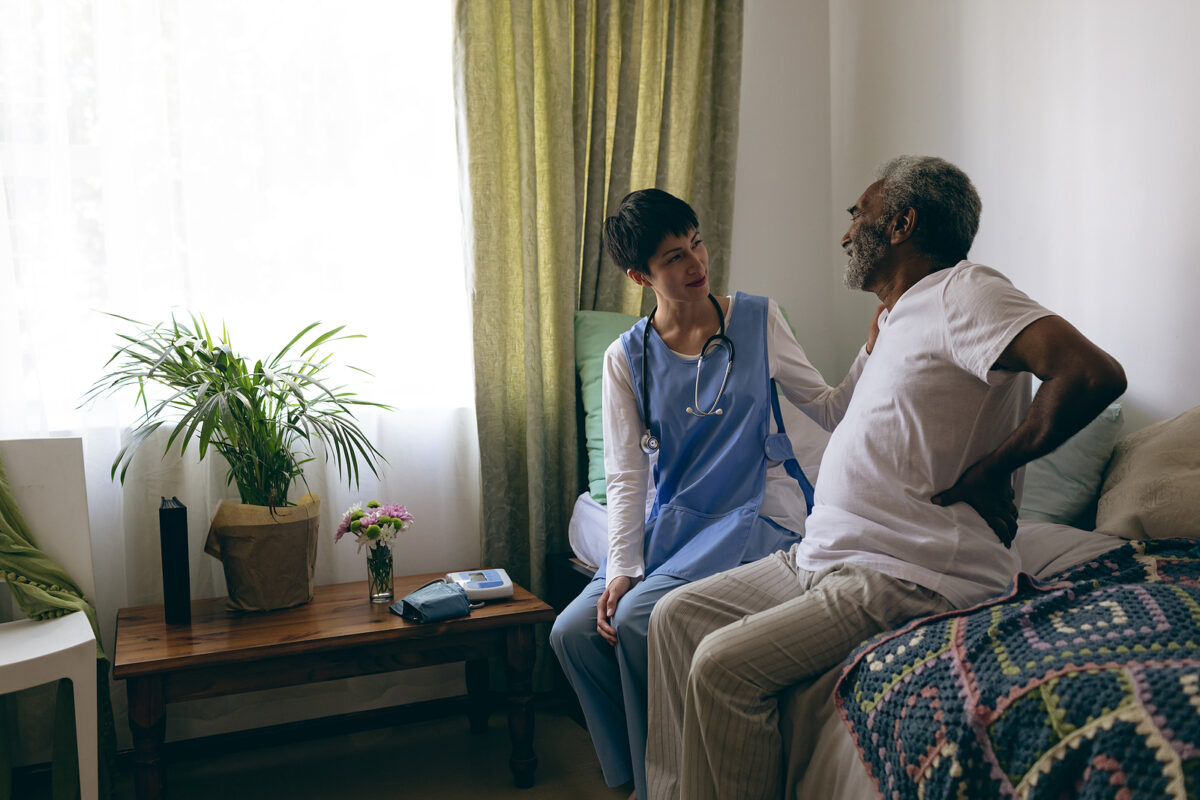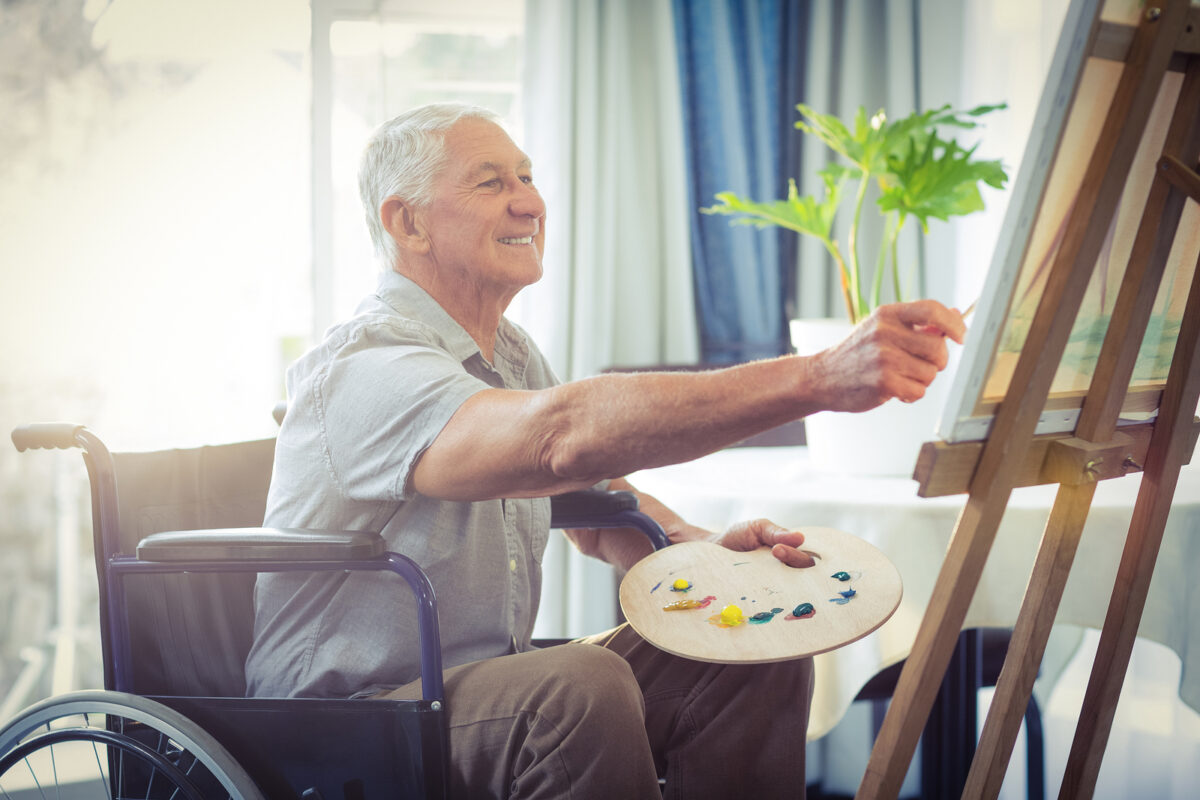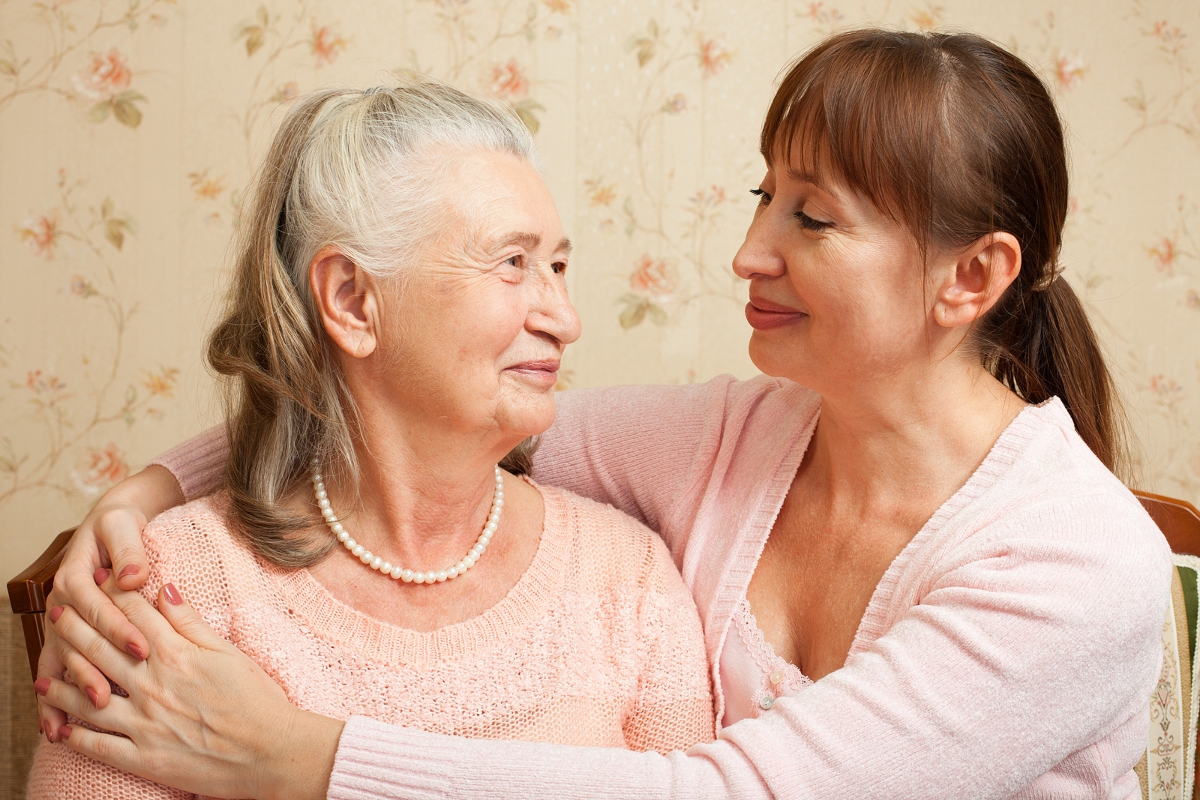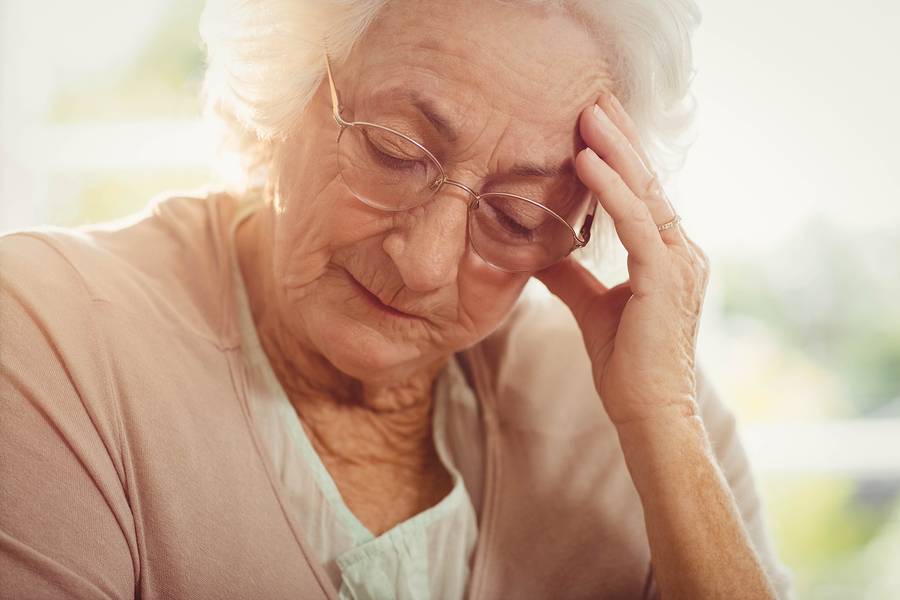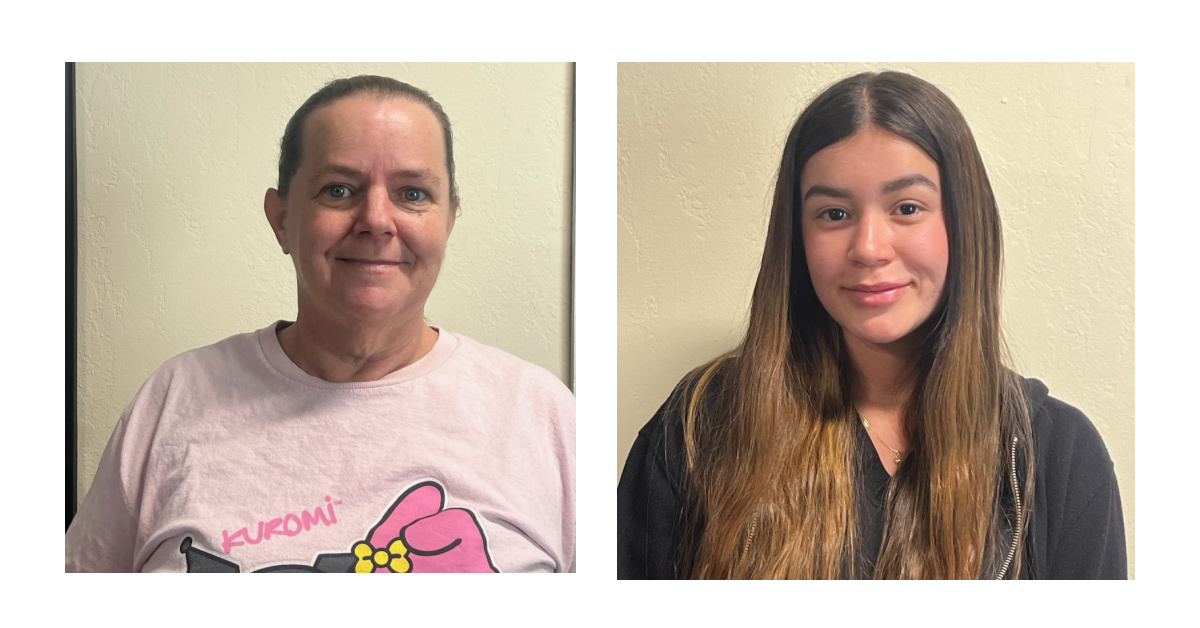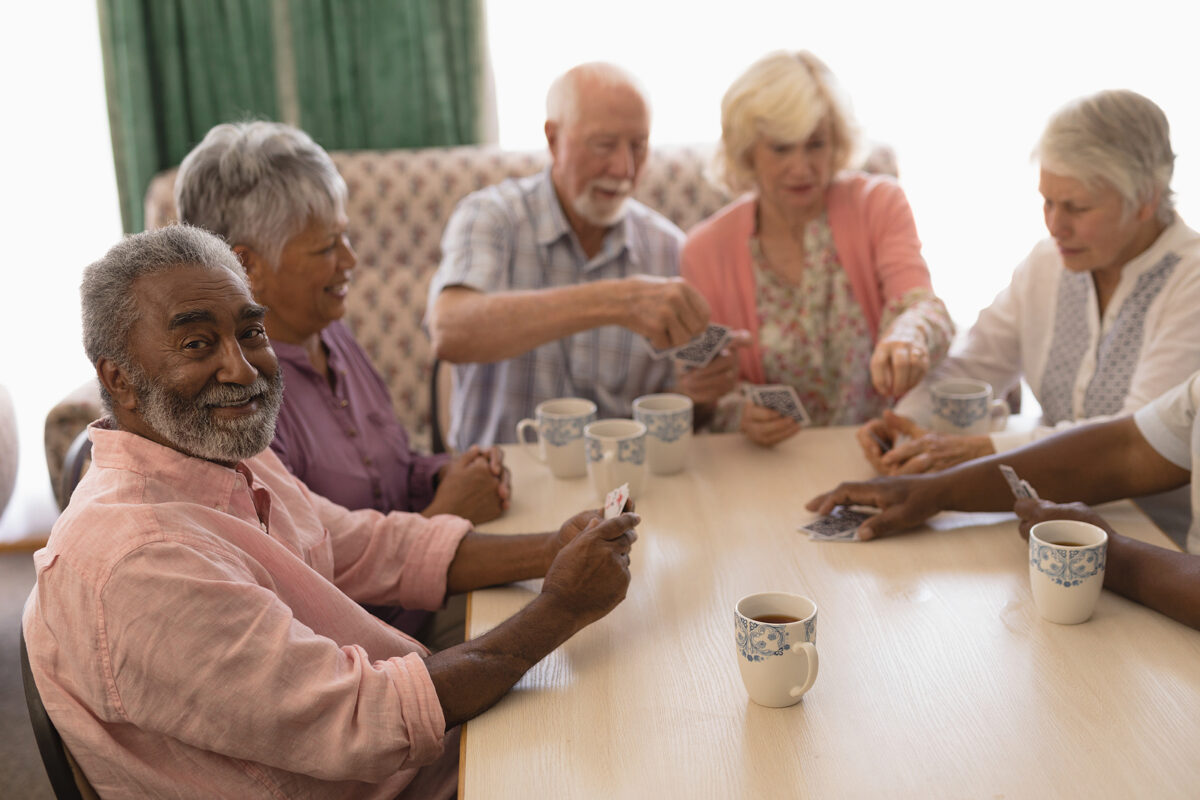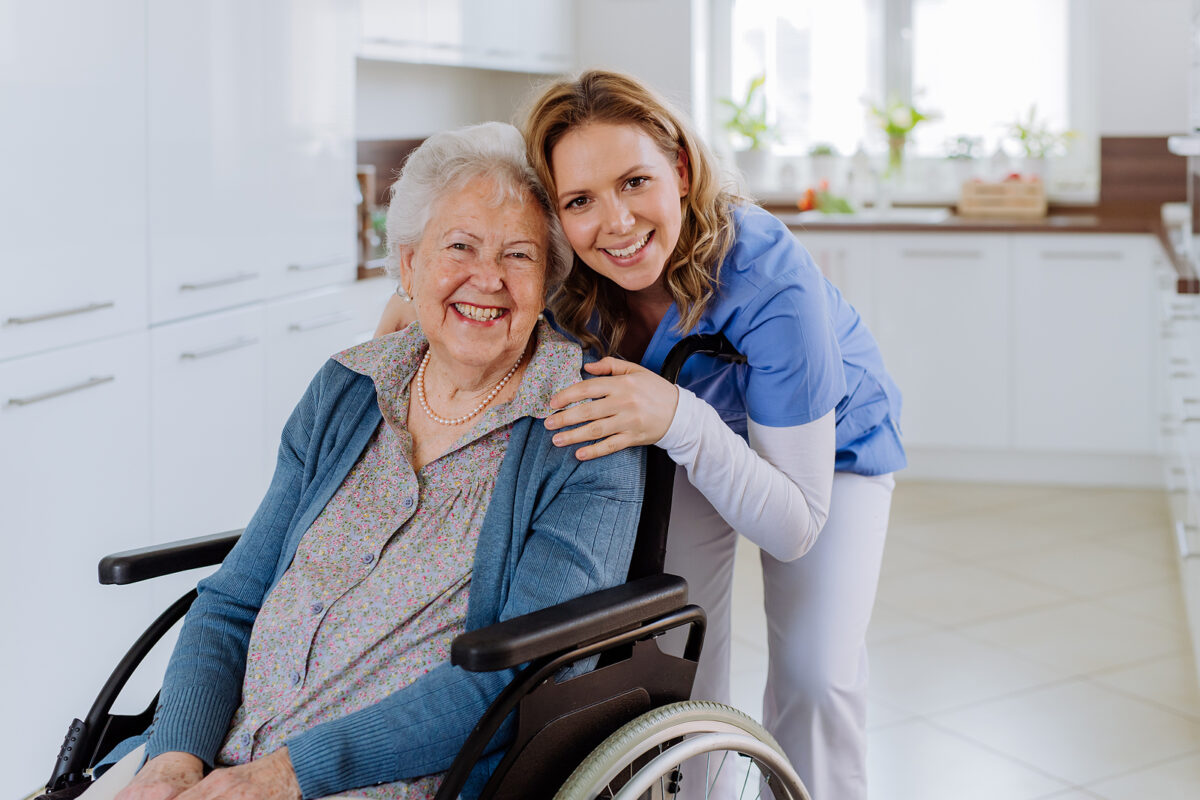Seniors dealing with chronic pain often deal with difficulties they don’t expect, like needing help with social engagement and companionship. There are different types of companionship that seniors living with chronic pain require, and companion care at home can help with many of these concerns. Understanding the different ways to offer that companionship allows family caregivers to help seniors get the assistance they need.
Emotional Support
Seniors living with chronic pain often isolate themselves and feel lonely. They may not be able to engage in the same hobbies and activities that they’ve enjoyed in the past, which makes socializing much more difficult. They’re also dealing with the emotional effects of how their lives have changed. Companion care at home can be there with seniors, allowing them to get the emotional support they need.
Social Interaction
Besides emotional support, seniors may lack someone to do things with as they go through their days. Part of the problem that arises with self-isolation is that seniors don’t have someone to talk to, play games with, or watch favorite movies with on a regular basis. Companion caregivers can be there for all of these activities and more.
Practical Assistance
Very often, seniors who live with chronic pain have more practical concerns that need to be addressed. Home care providers can offer a lot of support with tasks like keeping up with household chores, cooking healthier meals, and dealing with personal care tasks. Having someone to help with these essential needs helps seniors to stay healthier and happier, even if they’re battling issues like chronic pain.
Transportation Assistance
Seniors living with chronic pain may not be able to drive any longer or may have other issues that keep them from traveling to appointments when they need to go. Companion care at home can assist with transportation needs, ensuring that seniors get where they have to go as safely as possible. They offer friendly companionship along the way and help seniors to avoid possible issues with finding parking or navigating with assistive devices.
Assistance with Communication Needs
Companion caregivers can also help seniors with chronic pain issues to communicate with other people in their lives. Because of the other contributing factors to pain and mobility issues, seniors may have trouble operating smartphones, tablets, and other communication tools on their own. Caregivers can be there to offer support and help seniors with everyday needs that keep them in contact with their family members and friends. Ongoing support with these needs can help seniors to avoid isolating themselves and may convince them to reach out more often, both in person and to people who live farther away.
Companion care at home offers seniors flexible support with everything that allows them to get the social and emotional support they need, as well as the practical assistance that helps them keep going. Life with chronic pain can be difficult, so knowing that they have compassionate support available on a schedule that works for them offers some ease for aging adults.
If you or an aging loved one is considering companion care at home in Santa Clara, CA, please contact the caring staff at Home Helpers today (408) 317-4969.

